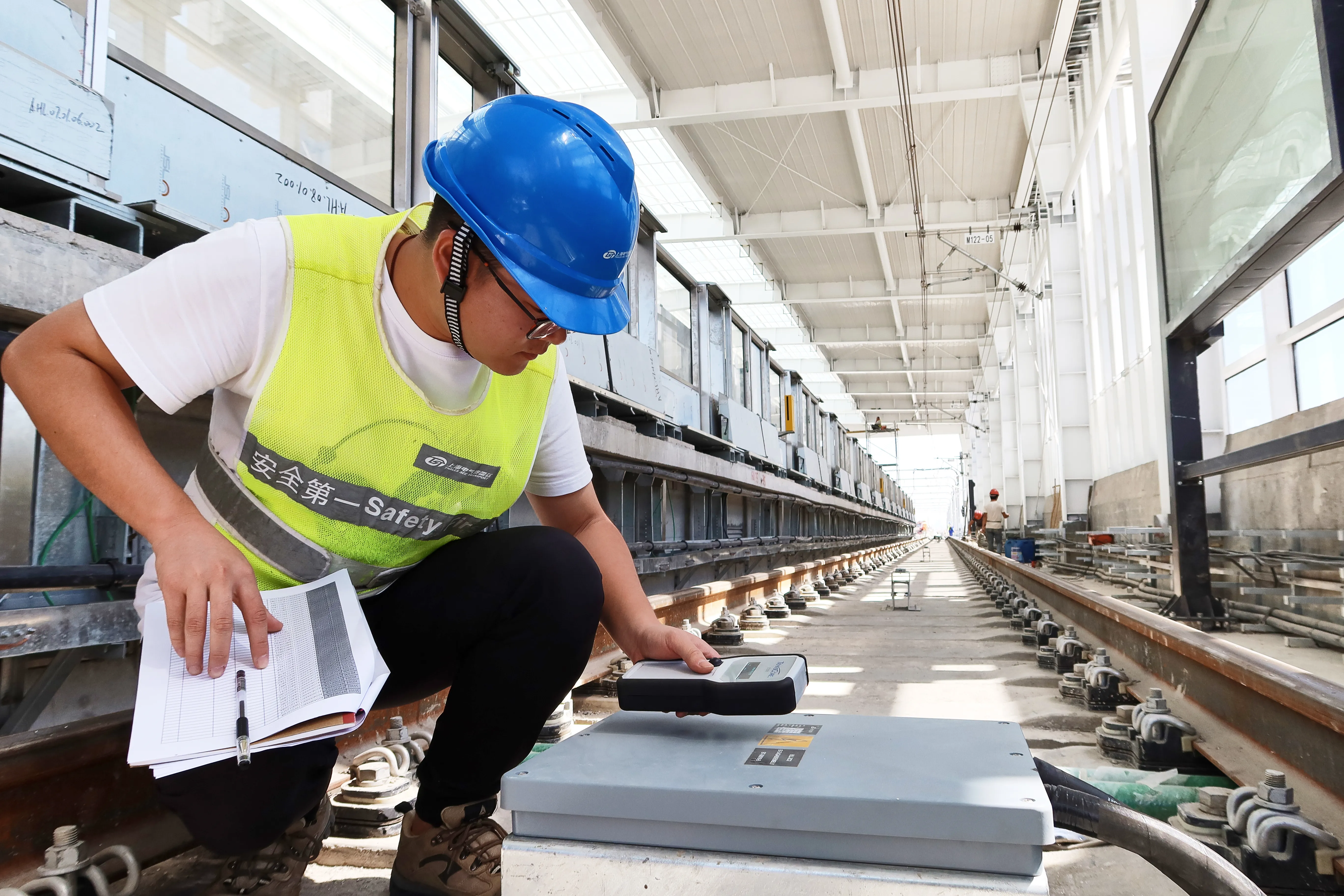UK Transport Secretary Patrick McLoughlin has confirmed a £1.2 billion order for more state of-the art trains to transform rail travel on one of Britain’s busiest intercity routes. The 270 carriages will be manufactured in Britain by Hitachi Rail Europe as part of the government’s overall £5.8 billion Intercity Express Programme (IEP). The trains will operate on the East Coast Main Line from 2019 and will deliver significant benefits to passengers, including boosting capacity by 18 per cent, improving trai
July 19, 2013
Read time: 2 mins
UK Transport Secretary Patrick McLoughlin has confirmed a £1.2 billion order for more state of-the art trains to transform rail travel on one of Britain’s busiest intercity routes.
The 270 carriages will be manufactured in Britain by7427 Hitachi Rail Europe as part of the government’s overall £5.8 billion Intercity Express Programme (IEP). The trains will operate on the East Coast Main Line from 2019 and will deliver significant benefits to passengers, including boosting capacity by 18 per cent, improving train reliability by a factor of five and cutting journey times between London, Leeds, Newcastle and Edinburgh by up to 18 minutes.
McLoughlin said: “By signing this deal we have provided further proof of our determination to transform Britain’s railways into a world-class operation through continued investment and state-of-the-art technology.”
Two major road schemes to upgrade key junctions on routes in the Midlands have also been given the go-ahead by Roads Minister Stephen Hammond, after successfully completing the final stages of the planning process.
Improvements to the M1 junction 19 (A14) Catthorpe interchange near Rugby and A45 and A46 Tollbar End junction near Coventry, which are both used by over 90,000 vehicles each day, can now move to the next stage of development. This means that the503 Highways Agency can now continue to work with contractors on progressing and completing detailed project designs for both schemes, with construction work due to start between January and March 2014.
Hammond said: “It is great that we have been able to give the green-light for both of these important interchanges and they can now move a step closer towards construction. These improvements are vital for the economy, but most importantly for motorists in the Midlands, in reducing congestion levels and making journey times quicker in and around these two busy junctions.”
The 270 carriages will be manufactured in Britain by
McLoughlin said: “By signing this deal we have provided further proof of our determination to transform Britain’s railways into a world-class operation through continued investment and state-of-the-art technology.”
Two major road schemes to upgrade key junctions on routes in the Midlands have also been given the go-ahead by Roads Minister Stephen Hammond, after successfully completing the final stages of the planning process.
Improvements to the M1 junction 19 (A14) Catthorpe interchange near Rugby and A45 and A46 Tollbar End junction near Coventry, which are both used by over 90,000 vehicles each day, can now move to the next stage of development. This means that the
Hammond said: “It is great that we have been able to give the green-light for both of these important interchanges and they can now move a step closer towards construction. These improvements are vital for the economy, but most importantly for motorists in the Midlands, in reducing congestion levels and making journey times quicker in and around these two busy junctions.”








